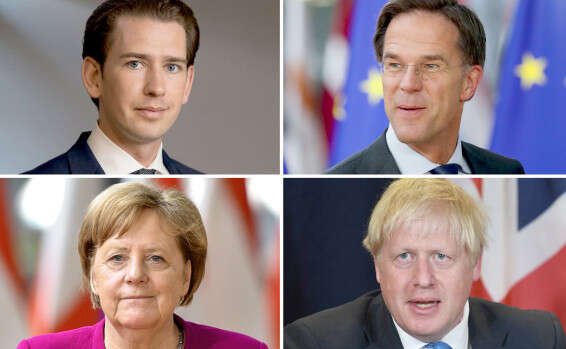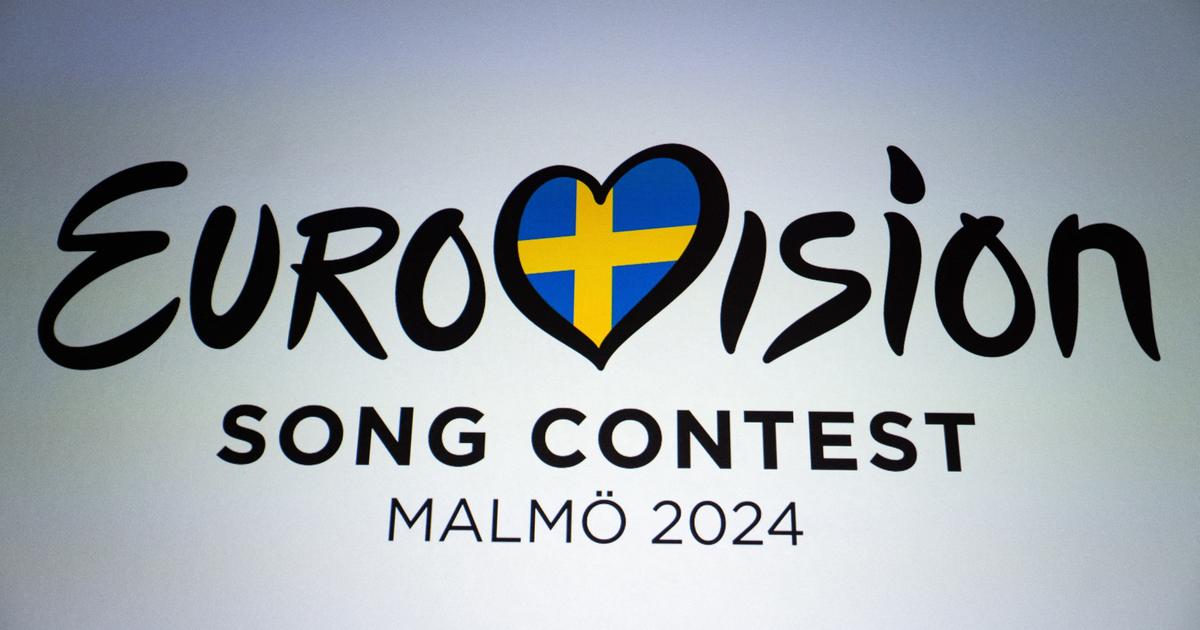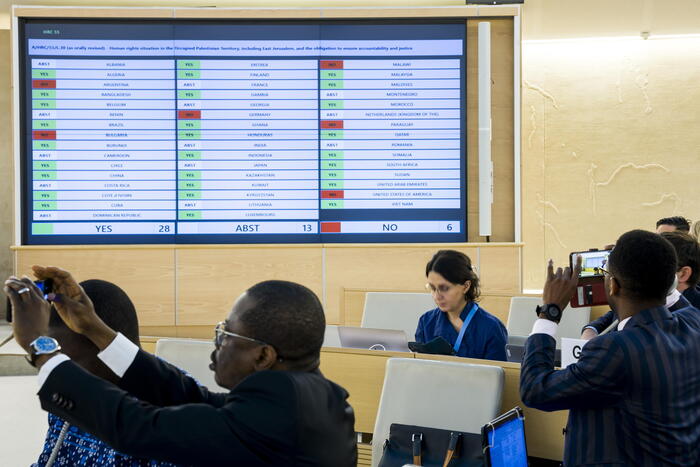Like us, the citizens of Germany, Italy, the United Kingdom, Belgium, Austria and the Netherlands have already become accustomed to seeing the polls on the inside.
Rotta (top right), Kurtz, Johnson and Merkel // Photos: Noam Rivkin-Fenton, AY. Nose. Pi, EI. times. Islands
Did you think that only there is a political plunder in Israel, which seems to be no way to solve it? Well, tighten your seat belts and let's take a tour around Europe.
We will start our journey in the UK, where there will be a third general election the next four years. If we add the referendum on the Barakzit, it is four times four years.
Flocking to the polls in Berlin
Although the polls predict that the next election will see the victory of the Conservatives led by Boris Johnson - there is no certainty that on Friday British citizens will wake up with a stable conservative government that will finally get them out of the EU.
Johnson's Labour rivals promise a big surprise in the election, relying on the feelings they get from the field, which contradicts polling forecasts.
In Spain, the fourth general elections were held a month ago in four years, without a decision being made. The winner of the election, the Socialist Party, may - perhaps - form a coalition with the radical leftist party "Podmus", if supported by Catalan separatists, but they are in no hurry to support them.
More on:
• Continent in crisis of identity: decade leaders in Europe
• The battle for Europe
• The achievement that heralds the end of Merkel's path
In Austria, after the corruption affair attributed to young conservative chancellor Sebastian Kurtz, the Austrians returned to the polls after only two years, giving the right-wing camp a solid majority. But Kurtz decided he would like to start negotiations with the Green Party. If these talks are completed in the coming days, it will be an interesting precedent in Europe, which could also affect the political situation in other countries. The President of the State.
In Germany, the large coalition of conservatives and social democrats may collapse in the near future, leading to early elections. Already following the previous elections in 2017, a precedent was created: the right-wing bloc won the majority, but the principled refusal of Chancellor Angela Merkel and the leaders of her conservative party for cooperation with the right-wing nationalist-populist party "alternative to Germany" prevented the establishment of the right-wing government. An attempt to form a first coalition with the Liberals and Greens failed. Fearing that the extremist parties would only benefit from further elections, the two major parties agreed to form a joint government, whose base is now under test.
In Italy, the lack of a political decision led to the formation of an agitated coalition between left-wing populists of five stars and the right-wing nationalist-populist party "Liga", which held less than two years. The government entered the Social Democrats' League. The new coalition holds, but according to all the polls, "League", led by Matteo Celebini, is expected to win big in the next election.
In October 2017, the "national unity" government was established in the Netherlands in October 2017, 208 days after the fall of the right-wing government and after a clear election decision was not reached. Conservative Prime Minister Mark Rota's refusal to cooperate with right-wing nationalist-populist leader Geert Wilders has led to the establishment of a shaky government partnership between conservatives and left-wing parties, which in the meantime holds.
Belgium, the Xi'an, operated 589 days without government between 2009 and 2011.


/cloudfront-eu-central-1.images.arcpublishing.com/prisa/5CYUPDL33BHRNA5AWKOZ3OGFK4.JPG)






